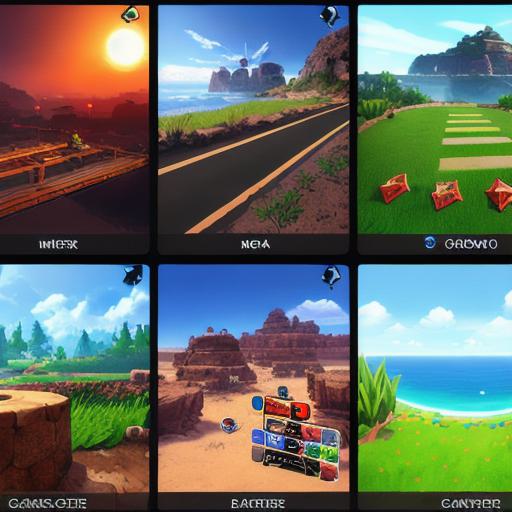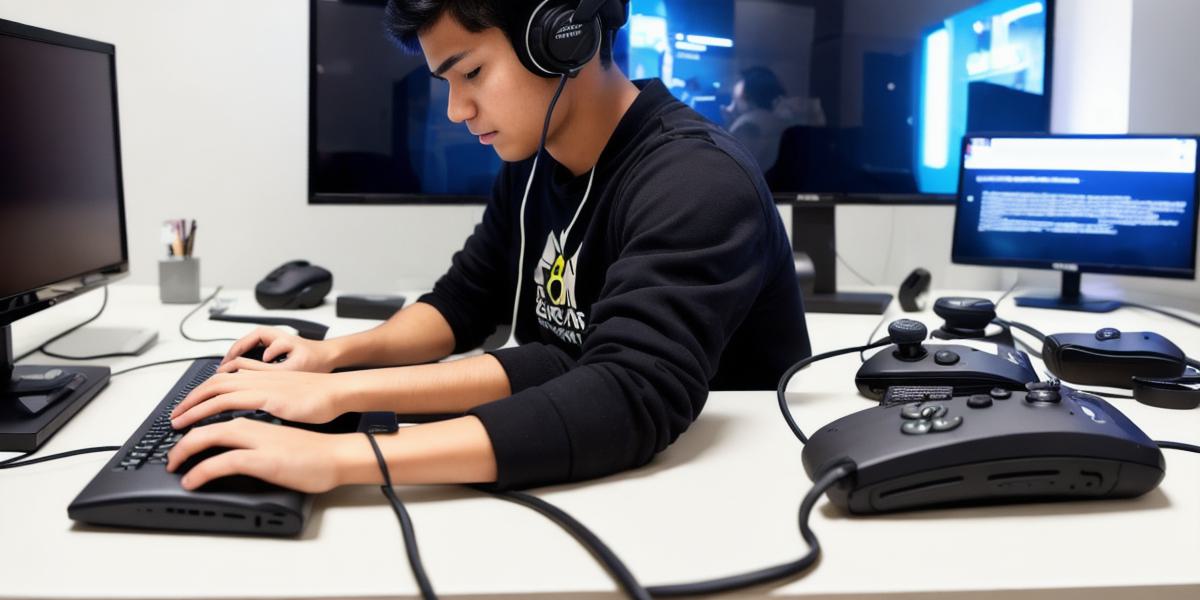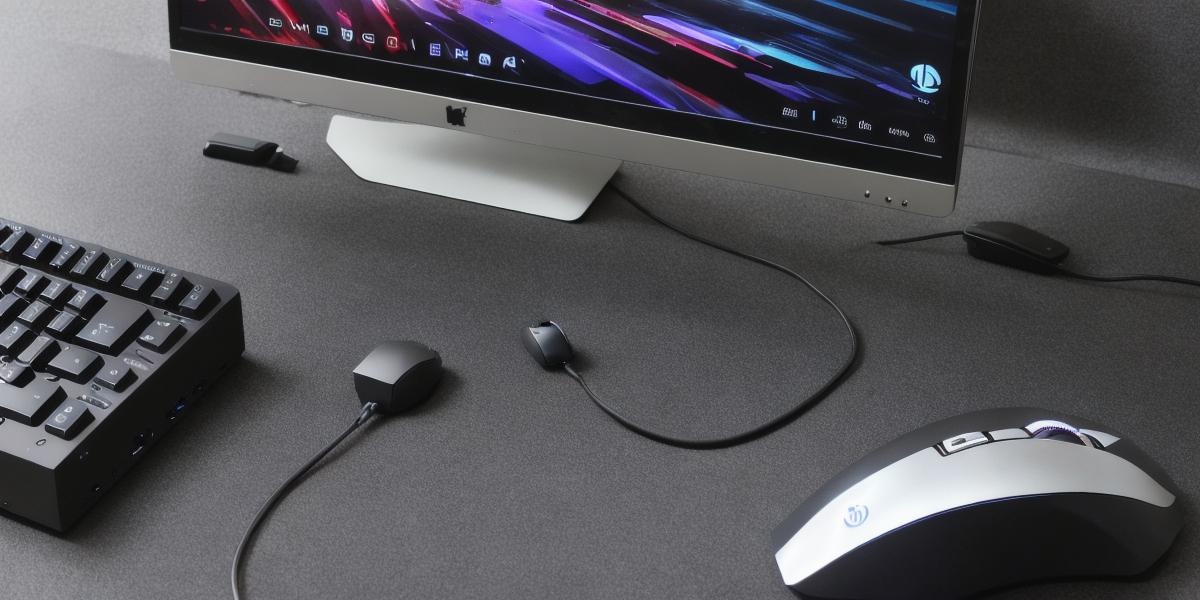If you are a creative, tech-savvy individual who loves playing games and wants to turn your passion into a career, becoming a game developer might be the perfect fit for you. In this article, we will explore the job responsibilities and requirements for a junior game developer position to help you better understand what is expected of you in this exciting field.
Job Responsibilities
As a junior game developer, you can expect to take on a variety of tasks, including:
- Game Design and Development: You will be responsible for designing and developing new games or features for existing games. This may involve creating prototypes, coding, and testing the game mechanics.
- Debugging and Optimization: You will need to identify and fix bugs in the game code, as well as optimize the game’s performance to ensure a smooth playing experience.
- Collaboration: You will work closely with other developers, artists, and designers to bring the game vision to life. This may involve communicating with team members via email or chat, collaborating on shared documents, and attending meetings to discuss project progress.
- Quality Assurance: You will be responsible for testing the game to ensure that it meets quality standards and identifying any areas that need improvement.
- Learning and Growth: As a junior developer, you will have the opportunity to learn from experienced developers and grow your skills over time. This may involve attending training sessions or workshops, reading industry publications, or taking online courses.
Requirements
To become a junior game developer, you will need to meet the following requirements:
- Education: You will typically need a bachelor’s degree in computer science or a related field, such as game design or interactive media. Some companies may also accept candidates with relevant work experience instead of a degree.
- Technical Skills: You will need to have strong coding skills and be proficient in programming languages such as C++, Java, or Python. You should also have knowledge of game engines like Unity or Unreal Engine, as well as experience with software development tools such as Git and JIRA.
- Creativity and Problem-Solving: You will need to be creative problem solvers who can think outside the box and come up with innovative solutions to complex challenges.

- Attention to Detail: Game development is a highly detail-oriented field, so you will need to have an eye for detail and the ability to spot errors quickly.
- Teamwork and Communication Skills: You will be working closely with other developers, artists, and designers, so it’s important to have strong teamwork and communication skills to ensure successful collaboration.
Conclusion
Becoming a junior game developer can be a challenging but rewarding career path for those who are passionate about gaming and have the technical skills and creativity to bring their ideas to life. By understanding the job responsibilities and requirements for a junior game developer position, you can better prepare yourself for this exciting field and take the first step towards pursuing your dream job.



